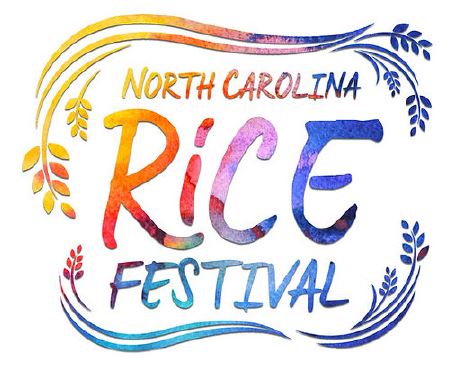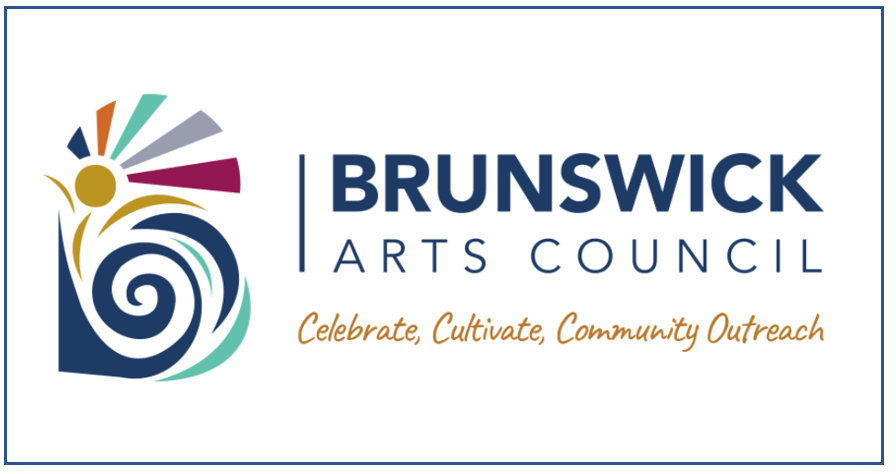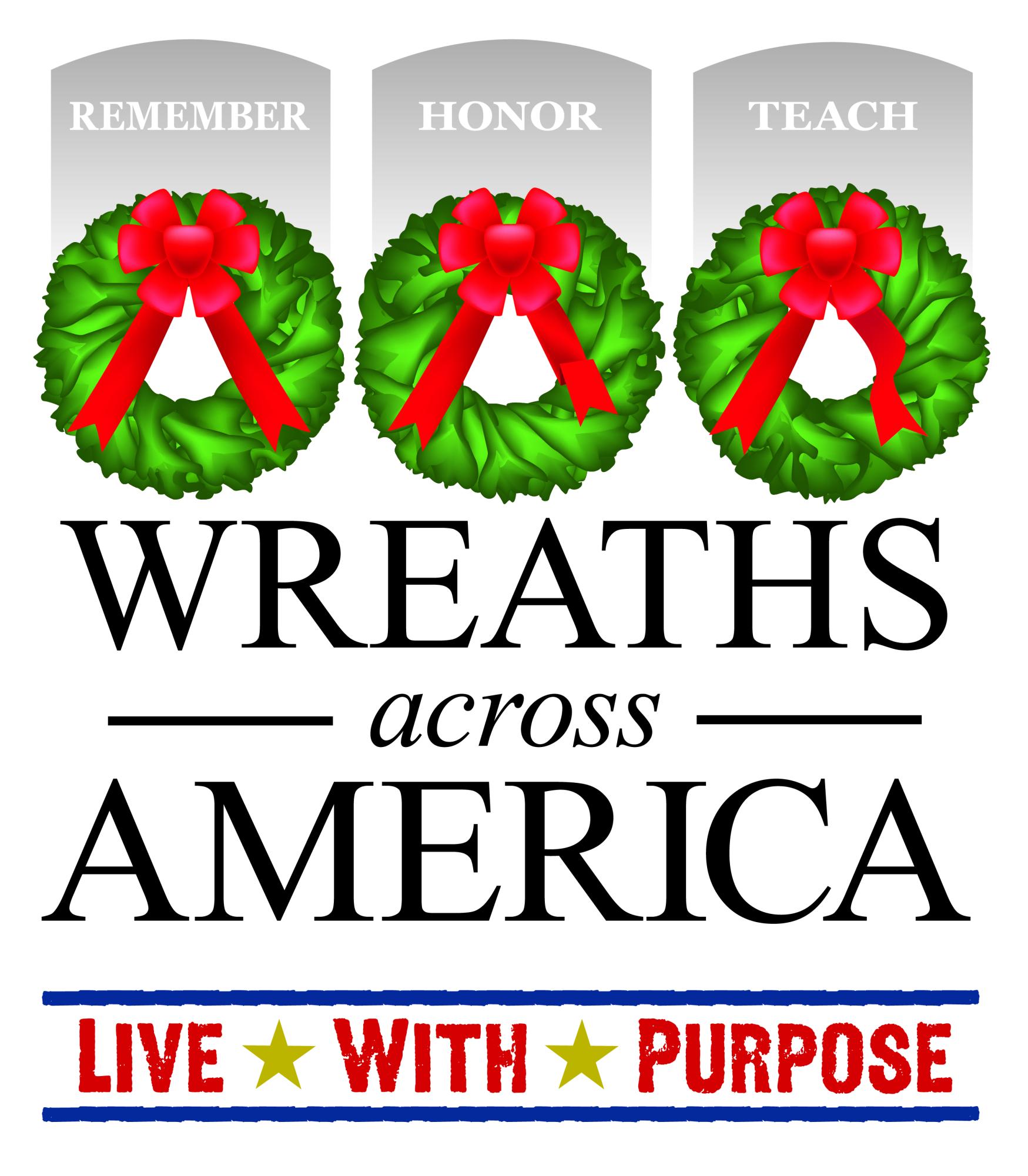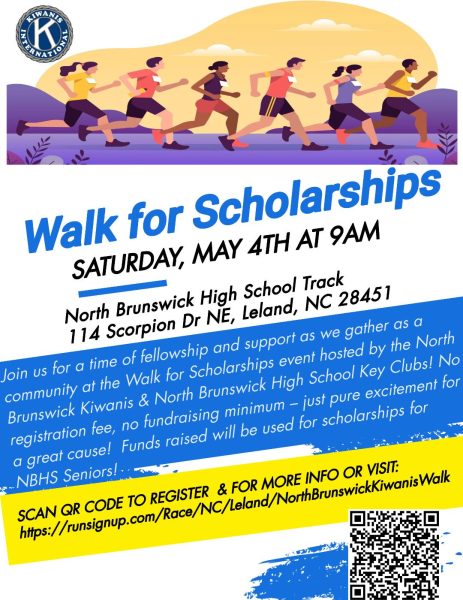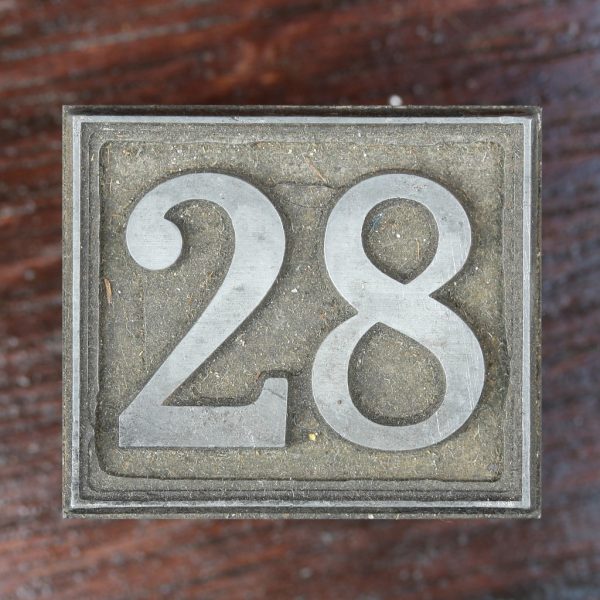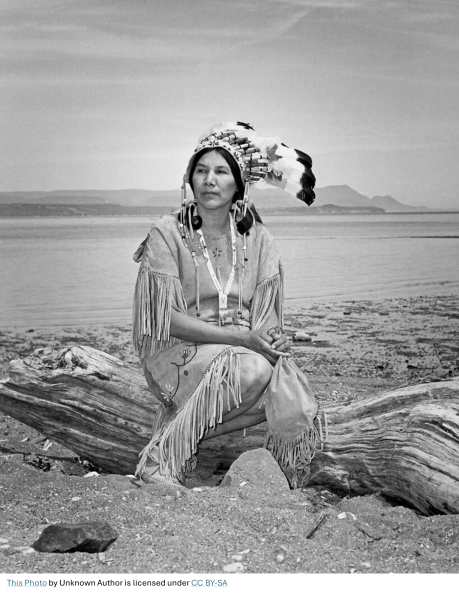The 202North Carolina Rice Festival May Be at Brunswick Town/Ft. Anderson
November 19, 2022

With the new year being right around the corner, I wanted to take this time to update you all on The North Carolina Rice Festival. This past year it was held at the Leland Cultural Arts Center, and it was scheduled next year to be held at the Founders Park in Leland. These plans however have been interrupted by the city of Leland’s plans to renovate the park. The city has plans to add a playground, fitness center, amphitheater starting in January, and by March, the time of The North Carolina Rice Festival, the construction may not be finished. This is why The North Carolina Rice Festival may be held at Brunswick Town/Fort Anderson next year!
Brunswick Town is a historic site that used to be a port town along North Carolina’s famous Cape Fear River. It was razed by the British during the times of the Revolutionary War. After the demise of the land as a town, it was used as a fort during the Civil War where Confederate troops defended the area. The fort is known for the “earthworks” left by the soldiers and it showcases how the natural terrain had an effect on the war. Brunswick Town/Fort Anderson is a popular tourist destination today because of the historical reenactments of colonial life in the 1700s.
Brunswick Town/Fort Anderson holds a special place in the heart of Brunswick County residents since most of us can relate to being taken there on a school field trip. Viewing everything as a child it was hard for me to grasp that there were people that lived so differently than me on the same land that I stood on, and yet was still able to learn about them and experience some of what they experienced. Holding The North Carolina Rice Festival here will mean sharing this piece of Brunswick County culture with people from many different backgrounds. It will not only draw more people to Brunswick Town, but also have the chance to teach history including Gullah Geechee traditions. Whereas, we learned of corn and tobacco that the settlers grew and harvested, the North Carolina Rice Festival gives us the chance to learn about the rice and greens grown and sustained by the enslaved peoples of this time, and how we have adapted these recipes into dishes still enjoyed today.
It will be like turning over the other side of a coin, exposing the other side of history. The war elements and home lives of the white settlers, and the traditions and livelihoods of the Gullah Geechee people that lived there as well.

